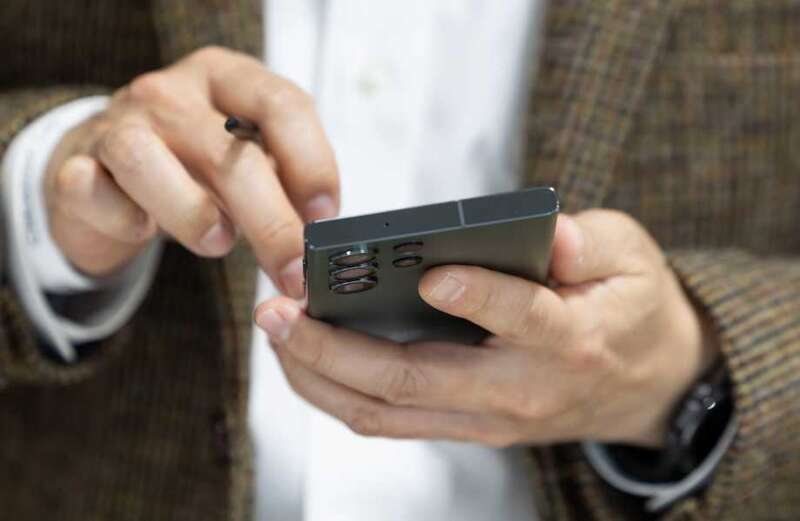ANDROID users have just become aware of a new feature that can help keep their bank accounts safer.
Owners of Android devices know that the software is constantly churning out new and improved features.

These features and tools are meant to enhance user privacy, security, and usability.
One of Android's newest features is called Enhanced PIN Privacy (EPP), and it's meant to deter shoulder-surfing hacking attacks.
Shoulder surfing is when a potential hacker can look over your shoulder to find out sensitive phone security or privacy information such as a PIN or a password.
 Millions of Android owners could slash 'vampire bills' – how to save money
Millions of Android owners could slash 'vampire bills' – how to save money
How does EPP stop this?
Android's new tool helps protect users' PIN codes by disabling the animation that happens when they tap a number.
So if someone is trying to snoop and see your PIN, they will have a hard time seeing what the numbers are.
As shoulder surfing is becoming more and more common, this is a good step toward enhanced user privacy.
How to enable EPP
First, it's important to note that the feature requires Android's latest quarterly platform release, Android 13 QPR3.
If you have this, you can unlock the new feature by heading over to your device's settings.
From there, select security and privacy, and then tap on device lock.
Once you have done that, locate enhanced PIN privacy and toggle it on.
How to protect yourself further
To prevent shoulder surfing, experts suggest a number of tips for smartphone owners.
For starters, people should shield paperwork or their keypad from view by using their bodies or cupping their hands.
That includes, for example, covering the ATM keypad when entering your PIN.
 Millions of iPhone and Android phone owners must check settings immediately
Millions of iPhone and Android phone owners must check settings immediately
You can also use a privacy screen on your laptop or mobile device, which prevents onlookers from seeing your screen.
You should also be using strong passwords, two-factor authentication, or biometric authentication for added security layers.
When in public, it's best to avoid saying any sensitive information over the phone.
Additionally, always lock your devices whenever you leave them somewhere, such as in the office.


































